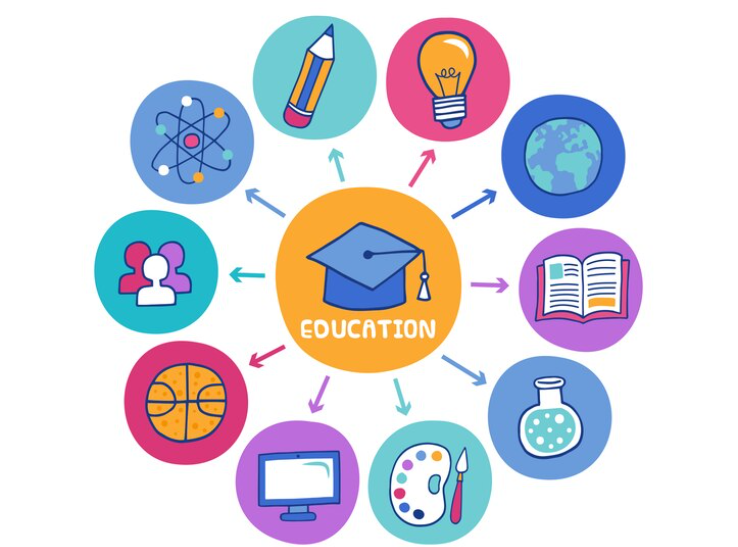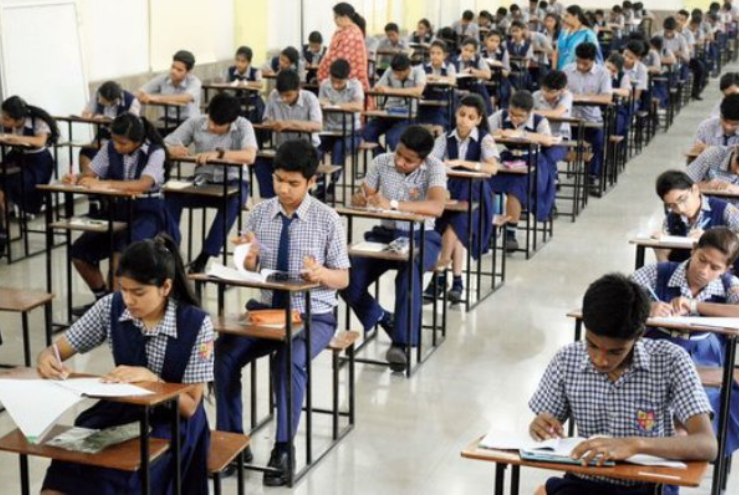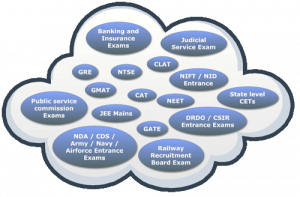Best Books to Read in 2023
Best Books to Read in 2023 Are you a bookworm or a bibliophile, if yes, then this is the ...
The Central Board of Secondary Education (CBSE) is embarking on a new educational era by proposing major curriculum modifications for classes 10 and 12. The National Education Policy 2020-aligned reforms seek to transform education and provide students a more flexible and comprehensive education.
After deciphering these dramatic changes, we see that CBSE is not simply changing the curriculum but orchestrating a paradigm shift to impact students’ educational journeys nationwide. This investigation will explain each proposed change and its possible effects on students, educators, and the educational system. This educational tour will reveal the CBSE Class 10 and 12 curricula’s revolutionary innovations and their repercussions.

Also, read CBSE& Bold Plan to Transform Class 10 and 12 : 3 Languages, 1 New Grading System
Educational methods advanced with the Class 10 Curriculum Renaissance. CBSE aims to provide students a well-rounded education with an emphasis on multilingualism, enlarged topics, and higher passing standards.

The Class 12 Curriculum Transformation helps students mature academically. CBSE lets students customise their education with a multilingual approach and topic choice. The updated graduation requirements blend essential knowledge and different interests.

Additional Nuances integrate a credit-based system beyond structural modifications. This technique encourages dynamic learning by recognising students’ subject achievement. These subtleties help CBSE handle implementation uncertainties and create a more equal educational system.
As CBSE charts the course for educational reform, the goal is to nurture a more resilient and adaptive education system. While the proposed revisions hold promise for a more comprehensive and engaging learning experience, addressing concerns and ensuring a seamless transition is paramount to the success of this educational evolution.
Also, read
80+ in CBSE Hindi Exam: 10 Powerful Tips ; Tricks for Class 10 Champions
CBSE Biannual Exams: 5 Ways This Student-Centric Shift Redefines Success
Meet Tanu Bhatnagar, an educational expert with extensive experience in teaching, research and mentoring.With a decade in... (Full bio)

Best Books to Read in 2023 Are you a bookworm or a bibliophile, if yes, then this is the ...

In the exhilarating journey of 10 Proven Memorize Techniques for Students learning, memory is your trusty companion. Whether ...

Top 20 toughest exams in world is about exams in the world that required very hard work to ...

Top 20 toughest exams in India - Exams are the perhaps most toughest moments for any student. A ...

Top 20 Colleges of DU Getting admissions to the top 20 colleges of DU is a dream for every ...

Top 20 NITs of India - Amongst the 31 NITs in India, today, we are talking ...

Here are the Top 12 Artificial Intelligence in Mumbai. Artificial intelligence (AI) refers to the simulation of human ...

As you stand on the Best Science Courses after 12th academic journey, the realm of science beckons, offering ...
Millions of students have entrusted CollegeChalo to facilitate their seamless and smooth admission process to their dream colleges and universities. With CollegeChalo, you can gain a competitive edge by easily accessing exam and course details to stay ahead of the admission journey. What are you waiting for?
Search your dream college